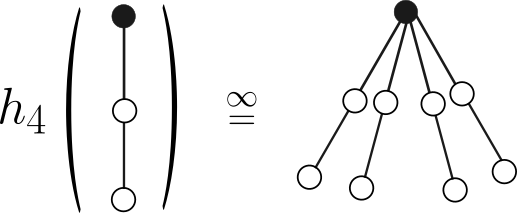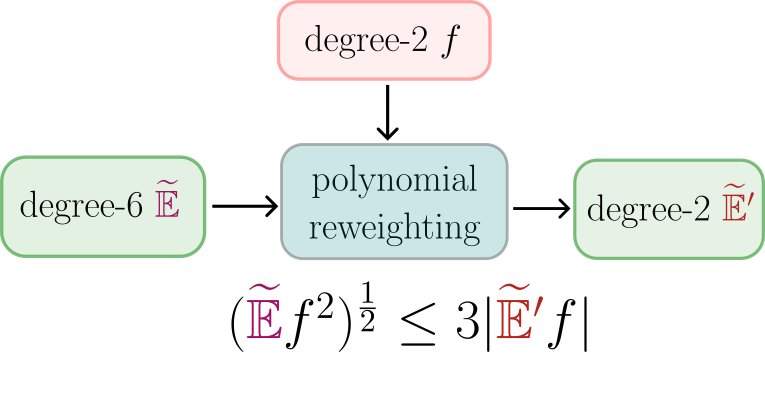
I am a postdoctoral researcher (scientific assistant) at ETH Zurich, hosted by David Steurer and Afonso Bandeira.
In January 2026, I will defend my Ph.D. in Statistics and Computer Science at Bocconi University. I was advised by Luca Trevisan, and then by Laura Sanità and Pravesh Kothari. Before that, I studied at École Normale Supérieure de Paris and got my M.Sc. from the Parisian Master of Research in Computer Science.
My research interests lie in theoretical computer science, with a focus on approximation algorithms, their connections with statistical physics and random matrix theory, and applications of continuous methods to discrete mathematics.
Email: lpesenti at ethz dot ch
Office: Z24 (OAT building, 21st floor)
In January 2026, I will defend my Ph.D. in Statistics and Computer Science at Bocconi University. I was advised by Luca Trevisan, and then by Laura Sanità and Pravesh Kothari. Before that, I studied at École Normale Supérieure de Paris and got my M.Sc. from the Parisian Master of Research in Computer Science.
My research interests lie in theoretical computer science, with a focus on approximation algorithms, their connections with statistical physics and random matrix theory, and applications of continuous methods to discrete mathematics.
Email: lpesenti at ethz dot ch
Office: Z24 (OAT building, 21st floor)


